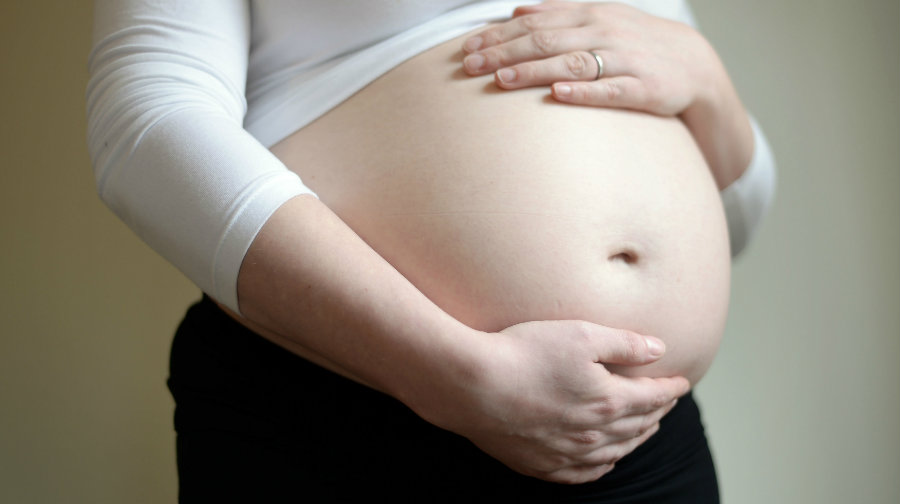
Obesity and Pregnancy
Obesity Raises Risk Of Complications in Pregnancy
Research has shown that obese mothers-to-be were nearly 10 times more likely to suffer from chest infections, and more than twice as likely to suffer from headaches and heartburn, compared with pregnant women of a healthy weight. Researchers studied the records of more than 650 pregnant women, of whom nearly half were overweight or obese at the beginning of their pregnancy.
Obese pregnant women were three times more likely to have carpal tunnel syndrome, which occurs when an increase in fluid causes swelling in the wrist. The condition can lead to tingling, pain, numbness and lack of coordination in the hands.
The study, published in the British Journal of Obstetrics and Gynaecology, also found that obese women had a more than three-fold increased risk of suffering from a condition known as symphysis-pubis dysfunction, which affects the pelvic joints and may cause walking difficulties if severe.
Obesity during pregnancy also increases the risk of more serious conditions such as gestational diabetes, pre-eclampsia and the need for a caesarean section. More than one-third of pregnancy-related deaths occur in mothers who are obese.
Bariatric Operations Reduce Odds of Gestational Diabetes and Caesarean Section
A study has found that obese women who have bariatric surgical procedures before pregnancy were three times less likely to develop gestational diabetes (GDM) than women who have bariatric operations after delivery. The study also found that delivery after bariatric procedures was associated with reduced odds of cesarean section.
Gestational diabetes is increasing among reproductive-age women, parallel to increasing rates of obesity and type 2 diabetes. Bariatric surgical procedures are the only intervention shown to produce sustained weight reduction in the vast majority of cases.
Researchers performed a retrospective study to compare rates of GDM and related outcomes between a group of women who had bariatric operations before pregnancy and a group who had bariatric operations after delivery. Women who delivered after bariatric procedures had lower incidences of GDM (8 percent vs. 27 percent, and caesarean section (28 percent vs. 43 percent) than those who delivered before bariatric procedures.
Obese women who have bariatric surgery before getting pregnant are at significantly lower risk for developing dangerous hypertensive disorders during pregnancy
Hypertensive disorders in pregnancy — which include gestational hypertension, pre-eclampsia and eclampsia are much more common in obese women.
Can we prevent the development of these disorders in pregnancy with bariatric surgery? Research findings suggest the answer may be ‘yes.’
A study published online in the British Medical Journal , identified 585 women who had bariatric surgery and delivered a baby. The sample included 269 women who had babies some time before having weight-loss surgery and 316 who had the surgery before getting pregnant. More than 80 percent of the women chose gastric bypass surgery over other, less common weight-loss operations. The researchers found an 80 percent reduction in the risk of pre-eclampsia and eclampsia among women who had surgery before pregnancy, along with a 74 percent reduction in the risk of gestational hypertension and a 61 percent reduction in the risk of chronic hypertension in pregnancy, all of which are known to cause pregnancy complications.
Having high blood pressure during pregnancy can seriously threaten the lives of both the mother and the baby.

